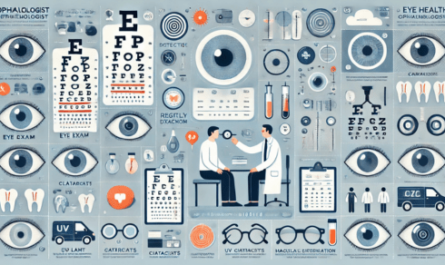Introduction to VA Disability Ratings
Veterans Affairs (VA) disability ratings are used to determine the level of compensation and benefits eligible to veterans for service-connected disabilities. These ratings are based on the severity of the disability and its impact on the veteran’s ability to work and function.
What is Atrial Fibrillation?
Atrial fibrillation (AF) is a common cardiac arrhythmia characterized by irregular and often rapid heart rate. It can result in symptoms such as palpitations, shortness of breath, fatigue, and dizziness. Severe cases may lead to complications like stroke and heart failure.
Service Connection for Atrial Fibrillation
To qualify for VA disability benefits for AF, veterans must establish service connection, meaning the condition was either caused or aggravated by military service. Medical evidence, including diagnosis and treatment records, is crucial in proving service connection.
VA Disability Rating Criteria
VA disability ratings for AF are determined based on the severity of symptoms and their impact on the veteran’s overall health and ability to function. Ratings range from 0% to 100%, with higher ratings indicating greater disability and eligibility for higher compensation.
Evaluation of Symptoms
Symptoms such as palpitations, fatigue, and shortness of breath are evaluated to determine the severity of AF. The frequency, duration, and impact of symptoms on daily activities are considered in assigning a disability rating.
Functional Impairment
Functional impairment resulting from AF, such as limitations in physical activity or ability to work, is a key factor in determining disability ratings. Veterans may undergo functional assessments to evaluate their ability to perform tasks.
Impact of Treatment
The effectiveness of treatment in managing AF symptoms and improving functional status is also considered. Veterans receiving ongoing treatment or undergoing procedures like ablation may still qualify for disability benefits based on their residual symptoms and limitations.
Complications of Atrial Fibrillation
Complications associated with AF, such as stroke, heart failure, and cognitive impairment, may warrant higher disability ratings. These conditions significantly impact the veteran’s overall health and quality of life.
Documentation and Medical Evidence
Comprehensive medical evidence, including diagnosis reports, treatment records, and specialist evaluations, is essential in supporting a claim for VA disability benefits. Veterans should provide detailed information about their symptoms and how AF affects their daily life.
VA Disability Examination
Veterans may undergo a VA disability examination to assess the severity of AF and its impact on their health and functioning. These examinations are conducted by VA healthcare professionals and play a crucial role in determining disability ratings.
Appealing Denied Claims
If a disability claim for AF is denied, veterans have the right to appeal the decision. They can request a review by a higher-level adjudicator or seek representation from a veterans service organization or legal advocate.
Special Considerations for Veterans
Special considerations may apply to certain groups of veterans, such as those with comorbid conditions or who are unable to work due to AF-related disabilities. These factors can influence disability ratings and eligibility for additional benefits.
Rating Schedule for Atrial Fibrillation
The VA uses a specific rating schedule to assess disabilities, including AF. The schedule outlines criteria for different levels of disability based on symptoms, functional impairment, and complications.
Continuing Disability Evaluations
Veterans with AF may undergo periodic disability evaluations to assess the progression of their condition and determine ongoing eligibility for benefits. These evaluations help ensure that veterans receive appropriate compensation based on their current health status.
Educational and Vocational Rehabilitation
Veterans with AF-related disabilities may be eligible for educational and vocational rehabilitation programs to help them transition to civilian life or pursue new career opportunities. These programs offer support and resources for veterans seeking to enhance their skills and employment prospects.
Access to Healthcare Services
Veterans with service-connected disabilities, including AF, are entitled to healthcare services through the VA system. This includes access to specialized cardiac care, medication management, and rehabilitation services to improve health outcomes.
Support for Caregivers
Caregivers of veterans with AF-related disabilities may be eligible for support programs and services offered through the VA. These programs provide assistance with caregiving tasks, respite care, and access to support networks.
Community Resources and Support Groups
Community resources and support groups can provide valuable assistance to veterans with AF and their families. These resources offer peer support, information, and practical assistance to help veterans cope with their condition and navigate the VA system.
Advocacy and Awareness
Advocacy efforts aimed at raising awareness about AF-related disabilities and improving access to benefits and services are essential. Veterans organizations, healthcare providers, and policymakers play a crucial role in advocating for the needs of veterans with AF.
Conclusion
Understanding VA disability ratings for atrial fibrillation is essential for veterans seeking compensation and benefits for service-connected disabilities. By providing comprehensive medical evidence and advocating for their rights, veterans can access the support and resources they need to manage their condition and improve their quality of life.



